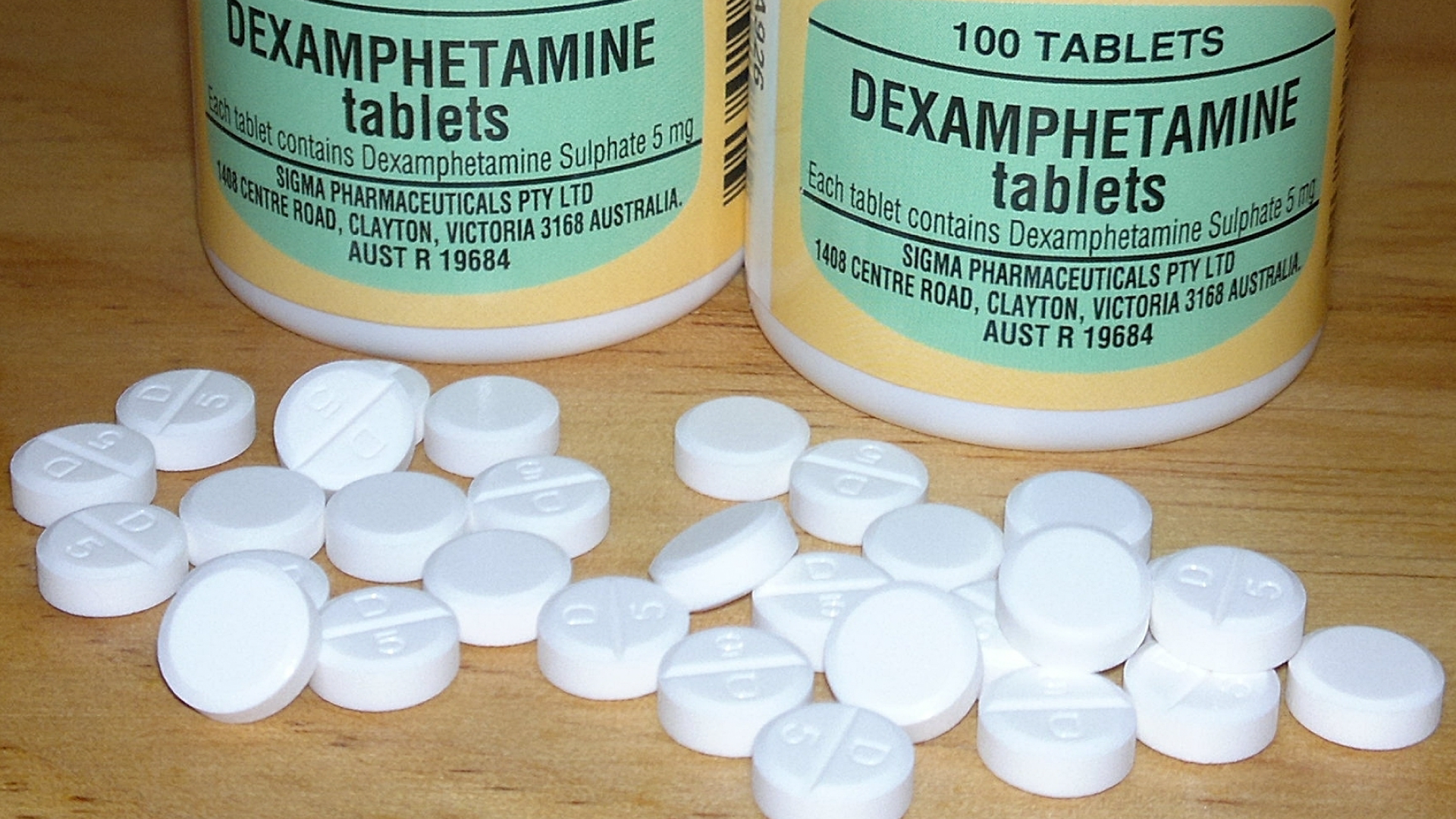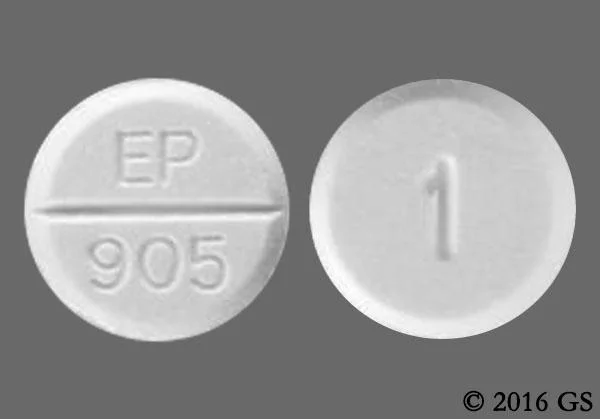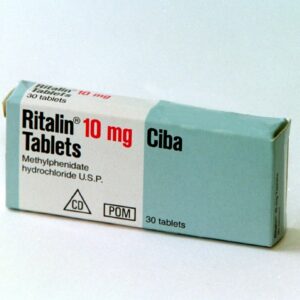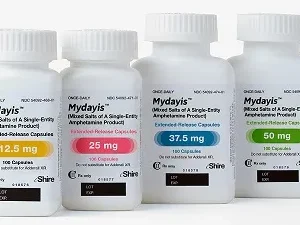Description
Educational Guide to Dexedrine (Dextroamphetamine) Pills
What Is Dexedrine?
-
Active Ingredient: Dexedrine is a brand name for dextroamphetamine sulfate, a potent central nervous system stimulant in the amphetamine class.
-
How It Works: Increases levels of dopamine and norepinephrine in the brain by enhancing their release and inhibiting reuptake. This leads to clearer focus, reduced impulsivity, and heightened alertness.
-
Legal Status: Classified as a Schedule II controlled substance in the U.S. due to high risk of abuse and dependency.
Approved Uses
Dexedrine is FDA-approved for:
-
Attention Deficit Hyperactivity Disorder (ADHD) – effective in children (6+) and adults.
-
Narcolepsy – treats excessive daytime sleepiness with doses adjusted individually.
Occasionally used off-label for chronic fatigue or depression, but this is less common .
Forms & Dosage
Available Formulations:
-
Immediate-release tablets: 5 mg and 10 mg
-
Extended-release “Spansule” capsules: 5 mg, 10 mg, 15 mg.
Typical Dosing Guidelines:
ADHD:
-
Start at 5 mg once or twice daily, increasing in 5 mg increments weekly.
-
Total dose typically ranges 2.5–40 mg/day, not exceeding 40 mg.
Narcolepsy:
-
Start at 10 mg/day, titrating up to 60 mg/day.
Administration Tips:
-
Take in the morning and early afternoon to avoid insomnia.
-
Extended-release capsules should not be crushed or chewed (risk of sudden release) .
Onset & Duration
-
Immediate-release: Onset in 30–60 minutes; duration ~4–6 hours .
-
Spansule: Provides extended effect up to ~8–12 hours.
Side Effects
Common Side Effects:
-
Appetite suppression and weight loss
-
Insomnia, nervousness
-
Dry mouth, headache
-
Increase in heart rate and blood pressure
-
Gastrointestinal upset (nausea, constipation).
Serious Side Effects:
-
Cardiovascular issues: palpitations, hypertension, rare MI or stroke .
-
Neuropsychiatric reactions: agitation, hallucinations, psychosis .
-
Growth suppression in children—minimal but monitor height/weight.
-
Circulatory issues: Raynaud’s symptom, possible numbness in extremities .
Contraindications & Interactions
Avoid Use If:
-
Heart disease, hypertension, hyperthyroidism, glaucoma, substance abuse history.
-
During or within 14 days of taking MAO inhibitors (risk of hypertensive crisis) .
Drug Interactions:
-
Additive effects with other stimulants, antidepressants, blood pressure meds.
-
Caution combining with SSRIs (serotonin syndrome risk) and avoiding MAOIs.
Misuse, Dependence & Withdrawal
-
High potential for abuse: misuse by snorting/crushing or hoarding due to euphoric effects.
-
Tolerance may develop; abrupt discontinuation can cause fatigue, depression, sleep disturbances .
-
Safely taper dose when discontinuing under medical supervision.
Comparing Dexedrine with Other ADHD Medications
-
Dexedrine vs Adderall: Dexedrine is pure dextroamphetamine; Adderall contains both d- and l-amphetamine. Dexedrine may be stronger per mg.
-
Dexedrine vs Methylphenidate (Ritalin, Concerta): Both classes are effective; individuals may respond differently. Dexedrine may better handle mood/hyperactivity.
-
Dexedrine vs Vyvanse: Vyvanse is a prodrug converted into dextroamphetamine with smoother effect and lower abuse potential.
Safe Use Guidelines
-
Start low and go slow—use minimum effective dose.
-
Morning doses only to avoid sleep interference.
-
Monitor cardiovascular and psychiatric status regularly.
-
Store safely—it’s a controlled substance, never share.
-
Taper off gradually if discontinuing.
-
Ensure adequate nutrition and hydration due to appetite suppression.
Conclusion
Dexedrine (dextroamphetamine) is a powerful, FDA-approved medication for ADHD and narcolepsy. With proper dosing and monitoring, it can greatly improve focus, organization, and wakefulness. However, its strong stimulant effects carry significant risks: potential for addiction, cardiovascular strain, sleep problems, and psychological side effects. Close medical supervision, safe use practices, and ongoing assessment are vital.
If you’d like comparisons to alternative ADHD medications, cost and mg pricing, or strategies for managing side effects, feel free to ask!




Reviews
There are no reviews yet.